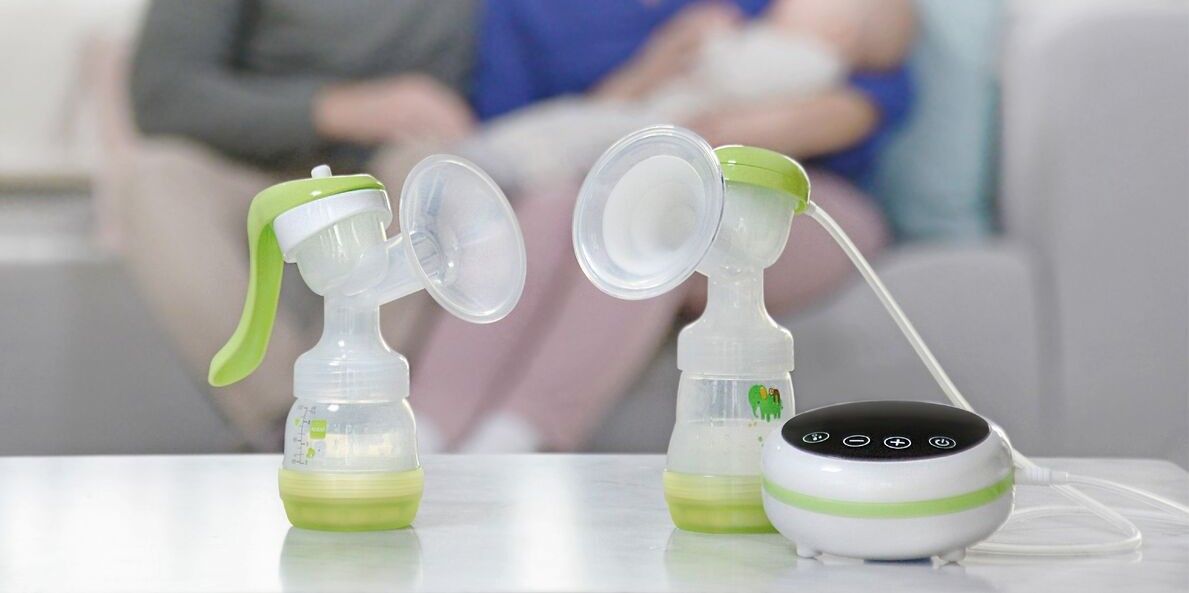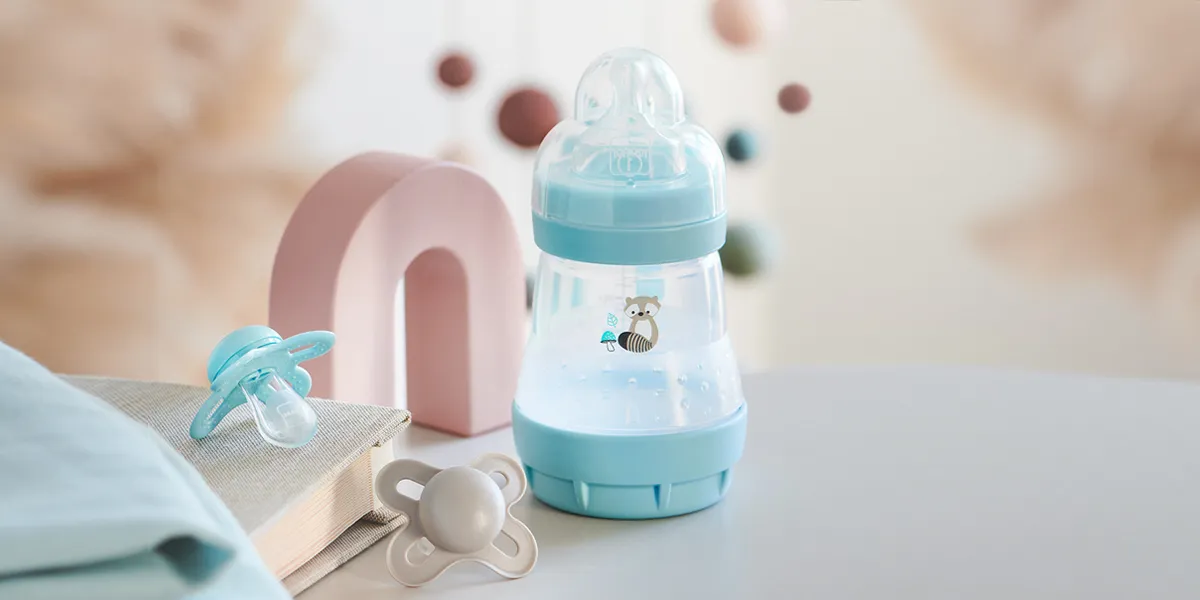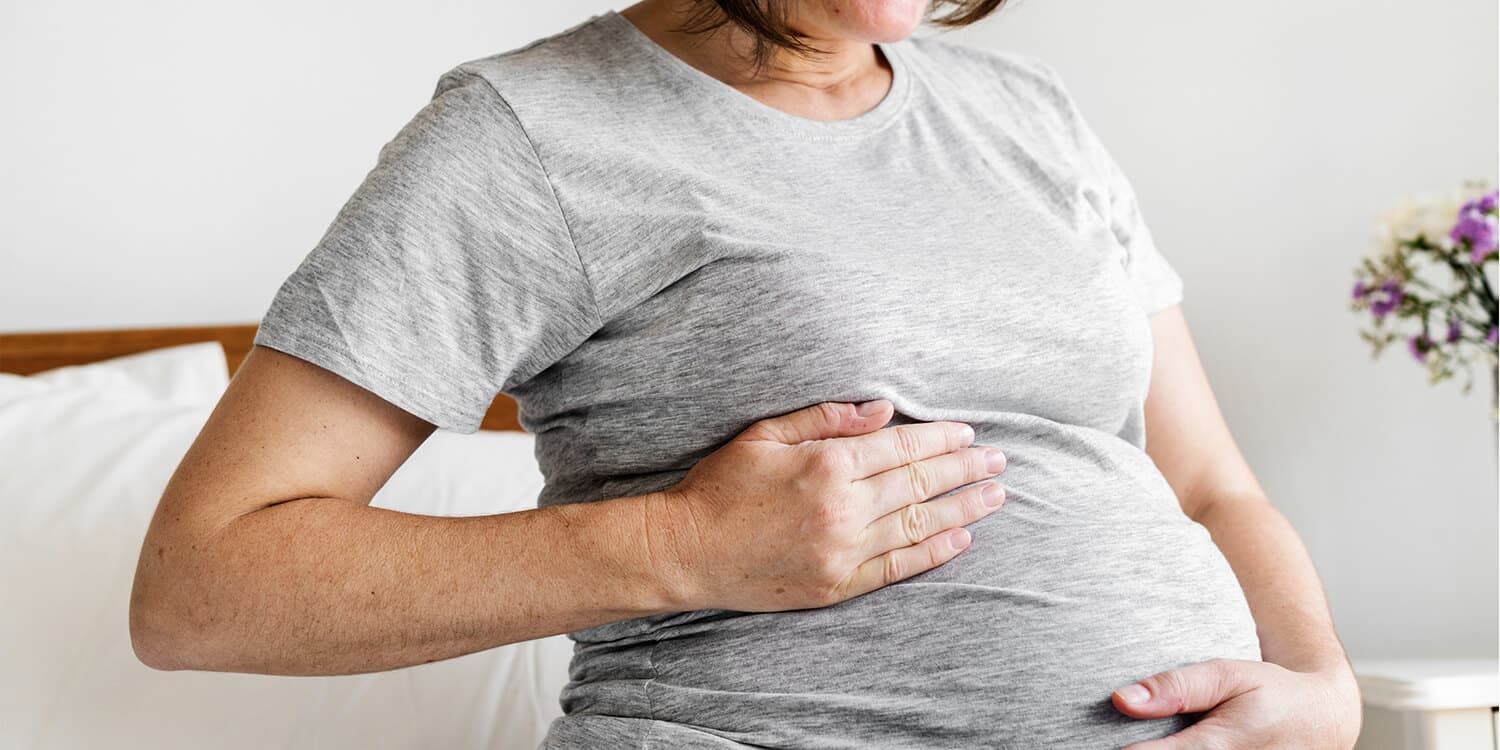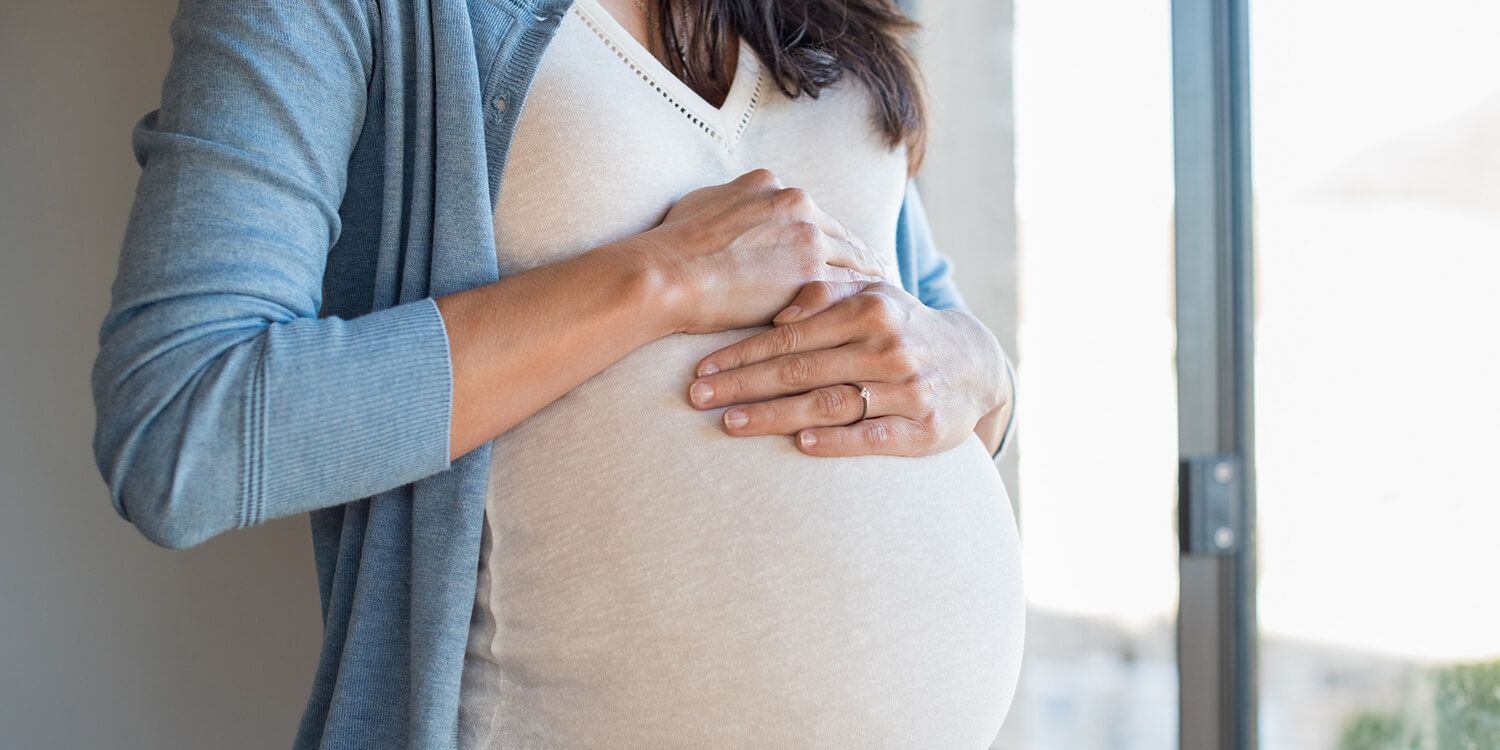You still have some time to go before the birth, but you may very well experience contractions in the 29th week of pregnancy. Many pregnant women become concerned when their bump goes hard – find out here how you can tell the difference between the various kinds of contractions!
What's Going On in Your Belly at 29 Weeks Pregnant?
The fetus is around 15 inches long (crown to heel) and weighs approx. 3 lbs.
The body is now fully developed and the ratio between head and body is just "right" for a baby, but certain details are still missing.
The lungs and brain will make huge developmental progress over the coming weeks.
Your baby is now about the size of a large zucchini.

The immune system still needs to mature. Your little one is presently protected by the placenta, as it works to "filter" out various (though not all) pathogens. The placenta also supplies your baby with important antibodies from your body. In this way, your baby slowly builds up its so-called "nest protection" while in the uterus: Your antibodies, or immunoglobulins, help your little one to defend itself against germs during the first four months after birth. The baby's immune system is only fully mature after this point.
Breastfeeding also supports the subsequent development of the immune system.
How Do You Feel at 29 Weeks Pregnant?
Your baby bump may become hard more often – these practice contractions are your body preparing for the real event. You have probably also heard of prodromal contractions.
But what is the difference between practice contractions and prodromal contractions?
One thing they have in common: they do not open the cervix. Only "genuine" labor contractions can do this.
Practice contractions:
- Train the uterine muscles
- Ensure better blood circulation in the placenta
- Ensure better blood circulation in the baby
- Can occur regularly, although usually with longer intervals
- Tend to be weak during early pregnancy, although they can become stronger later on (Braxton Hicks)
- Can feel similar to menstruation pains
- Are often eased with heat and rest
Prodromal contractions
- Only occur later on in the pregnancy (from around week 36)
- Sometimes only occur during labor and cannot be distinguished from labor contractions
- Push the baby lower down in the pelvis
- Can sometimes be perceived as pulling in the back or belly, but are rarely very painful
- May change the shape of your baby bump, if your little one drops down
- Can also be eased with heat and rest
Labor contractions are very regular and occur at constantly shortening intervals. They also last longer as time goes on (up to 60 seconds). These contractions can be very powerful and do not go away with heat or rest. If you are unsure, get in touch with your doctor right away – this also applies if you experience any bleeding.
Your little one should remain in its comfy, cozy nest for a little bit longer. This will give you plenty of time to organize everything that you need for the baby. Home renovations, buying, assembling, or rearranging furniture, decorating, and/or babyproofing rooms will all become more strenuous as your baby belly grows in size. Now is a good time to take care of the bigger things, such as the baby's crib, shelves, changing unit, etc. – just make sure you avoid lifting or moving heavy objects by yourself!
Different regions may also have different practices when it comes to visiting labor units and registering the birth. If you have the opportunity to view different birthing units, this is a major advantage: You are then not only able to choose the place you find most appealing, you can also familiarize yourself with it beforehand. This helps many women to feel more at ease when it comes to the birth – which is important for a positive, complication-free birthing experience!
Photo Credit: Shutterstock
Pregnancy Week 28
Preparing to Breastfeed
Pregnancy Week 30
Nutrition in the Third Trimester
The third trimester: Welcoming a new life
with MAM-expert Dr. Tony (Tao) Duan




























